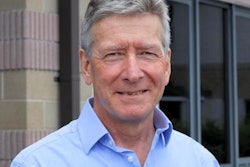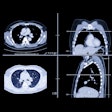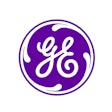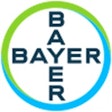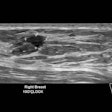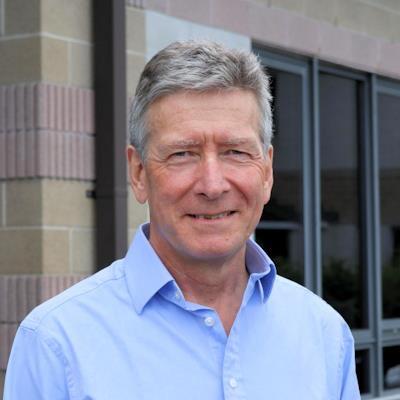
You might think that, given the central role occupied by radiology in modern medical care, radiologists would have a correspondingly influential voice in healthcare policymaking. In my experience, this is not usually the case. For whatever reason, it seems that those in charge rarely seek the advice of radiologists when it comes to healthcare service planning.
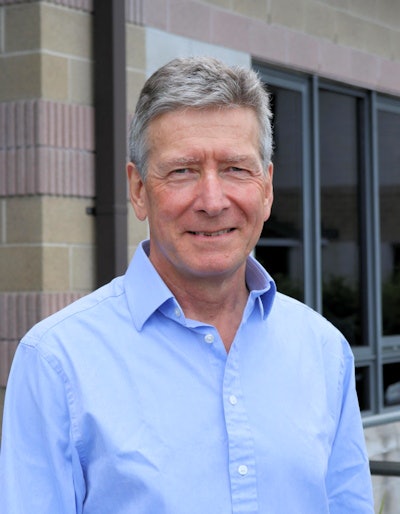 Dr. Giles Maskell.
Dr. Giles Maskell.This is certainly the case in the U.K., where I live and work. Our barely suppressed paranoid tendencies might lead us to suspect that this is deliberate, but I think it's more likely that others are simply unaware of what we have to offer.
So, the following are a few reasons why policymakers should start listening more to radiologists:
- We have the broadest possible overview of the healthcare system. Our work spans primary, secondary, and the most highly specialized care. We have insight into medical practice in every setting from community premises to the intensive care unit. Our patients are referred by colleagues from almost every other medical discipline.
- As a result of this overview, we have become adept at balancing competing demands from different specialties for access to relatively scarce resources, which is after all one of the principal tasks of any health policymaker these days. We understand that in a constrained system, every clinician will argue forcefully for the urgency of the patients under their care and we are used to making sound judgments about which patients will really benefit from a greater priority.
- We hear all the time that digital solutions will be the salvation of our pressurized health care services. No medical specialty has greater familiarity with the world of digital technology than radiology. We have decades of experience in what works and what doesn't work. Ask us and we will tell you.
- The adoption of digital technology is not the only aspect of innovation at which we excel. We have a proud record of developing and introducing new techniques into practice on a consistent basis. Our specialty is always moving forward. When adoption has been delayed, it has generally been down to a lack of funding rather than any shortage of enthusiasm.
- Entry to radiology training remains highly competitive. In the U.K., competition ratios are consistently higher for radiology than for any other large specialty. This means that for many years now, we have been recruiting the best and brightest young doctors. In other words, my message to the CEO of any large hospital is that if you want to find the smartest doctors in your organization, go and look for them in the radiology department.
- Nobody likes to hear the words "I told you so." But it is undoubtedly the case that when radiologists have offered our opinions -- for example, about the inevitable rise in demand for our services or the inadequacy of training numbers -- our predictions have consistently been found to be correct.
Of course, having greater influence in health policy matters requires us to show a willingness to step up and take part in the necessary conversations. The relentless pressure of clinical work can sometimes mean that radiologists are reluctant to take on other roles. It is also true that the respect of our peers can be harder to gain outside the clinical environment, but our specialty needs people with skills in management, leadership, and business administration as much as it needs experts in image interpretation and image-guided intervention.
Those radiologists who are drawn to the world of budget lines and business cases are vital to the future of our specialty and deserve our support and encouragement. The management of our services as well as the future direction of health policy are too important to be left entirely to other people.
Dr. Giles Maskell is a consultant radiologist at Royal Cornwall Hospitals National Health Service (NHS) Trust, Truro, U.K. He is a former president of the U.K. Royal College of Radiologists. Competing interests: None declared.
The comments and observations expressed herein do not necessarily reflect the opinions of AuntMinnieEurope.com, nor should they be construed as an endorsement or admonishment of any particular vendor, analyst, industry consultant, or consulting group.






